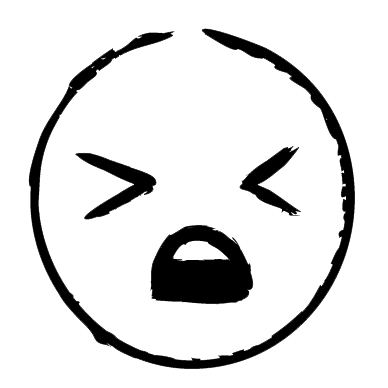

We couldn't find any lessons. Try other lesson types.

We couldn't find any lessons. Try other lesson types.
Beginners
High Beginners
Intermediate


We couldn't find any lessons. Try other lesson types.
Beginners
High Beginners
Intermediate

Beginners
High Beginners
Intermediate

Beginners
High Beginners
Intermediate